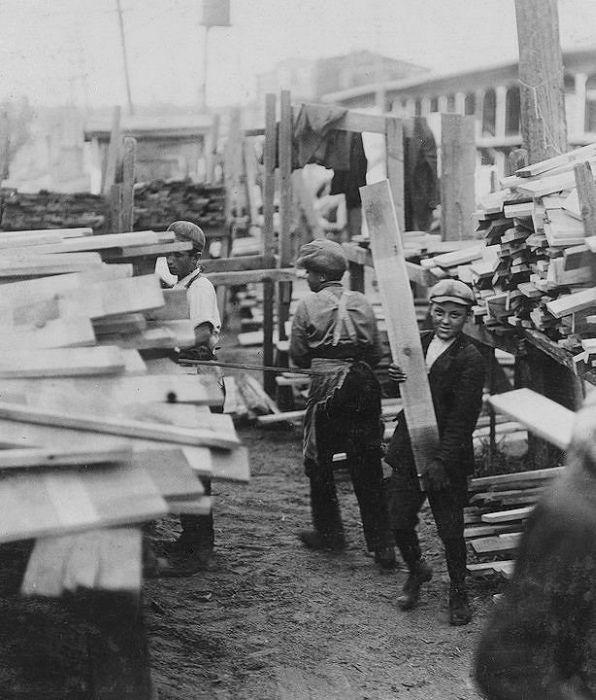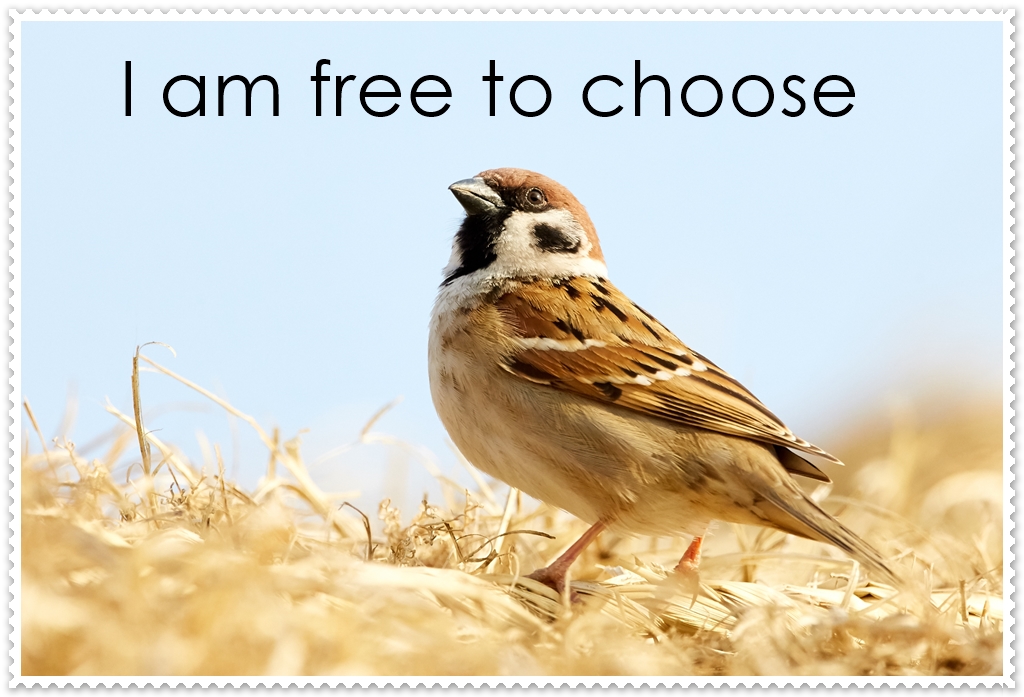


In 1972 an Equal Rights Amendment, which would have given women the same rights and opportunities as men, failed to get the support of enough states to be passed. In the US the civil rights movement of the 1960s influenced the making of new laws to protect the rights of minority groups, especially African Americans. The right of equal opportunity (= the right to be treated the same as others, whatever a person's race, sex, etc.) is enforced in the UK through the Equality Act of 2010. The commission proposed that an independent organization should replace the Press Complaints Commission and as a result the Independent Press Standards Organisation was established in 2014. As a result, in 2011 a commission was set up under a senior judge, Lord Justice Leveson, to investigate this and other aspects of the British press. In the 2000s, a number of newspaper journalists were caught listening to and reading people's phone messages, a practice known as phone hacking. Censorship of the press ended in the 1960s. In the UK until 1968 all plays had to be approved by the Lord Chamberlain before they could be performed in theatres.
FREEDOM DEFINITION ENGLISH FREE
People who used their right to free speech and said they believed in Communism, or who took the Fifth (= used their right under the Fifth Amendment not to give evidence against themselves) often lost their jobs or went to prison. In the 1950s, when McCarthyism was at its height, people who were suspected of being Communists were called before Congress to answer questions. The right to free speech in the US has not always been respected.

However, in a few cases, for example when national security is involved, the courts may order newspapers not to print a report. The courts do not practise prior restraint, which means they cannot stop a newspaper from printing something, but they can punish the newspaper afterwards. For instance, a newspaper is not allowed to print something bad about a person that is known not to be true: this is libel. In the US the First Amendment protects freedom of speech and of the press but the courts, especially the Supreme Court, decide how it should be applied. Freedom of expression does not imply complete freedom for people to say what they like. In the UK and the US the most basic rights include freedom of expression (= freedom to say or write what you think), freedom of choice (= freedom to make decisions about your own life) and freedom of worship (= freedom to practise any religion). Proposals to introduce identity cards for everyone are always resisted and people often talk about the nanny state when they feel the government is interfering in their lives. The UK does not have a written constitution or legal document describing the rights of individuals but for British people freedom to live without the government getting involved is important. Limiting the federal government's power was also seen as necessary to protect the rights of states within the United States. At that time, people were beginning to believe that the rights of individuals were important, and that the government was the main threat to those rights. The Constitution was written in the late 1700s to explain not only how the US government would work, but also what limits there would be on its power. Culture freedom and rights freedom and rights Many of the rights of US citizens are laid down in the constitution and the first ten amendments to it, which are together called the Bill of Rights.


 0 kommentar(er)
0 kommentar(er)
